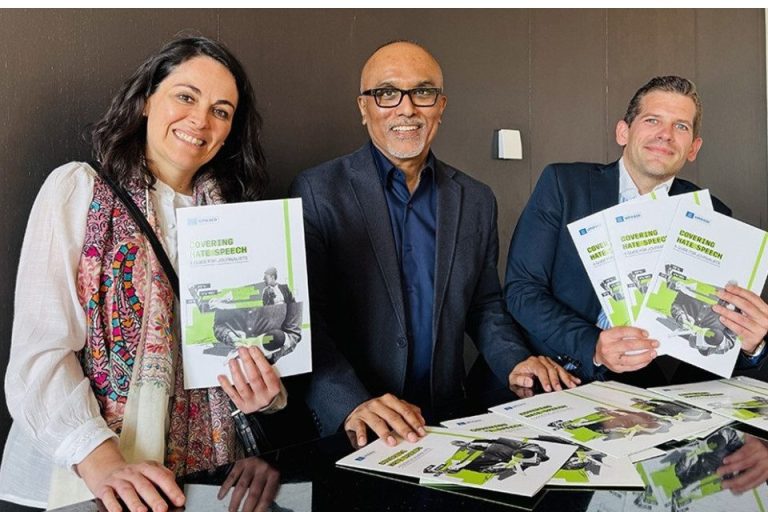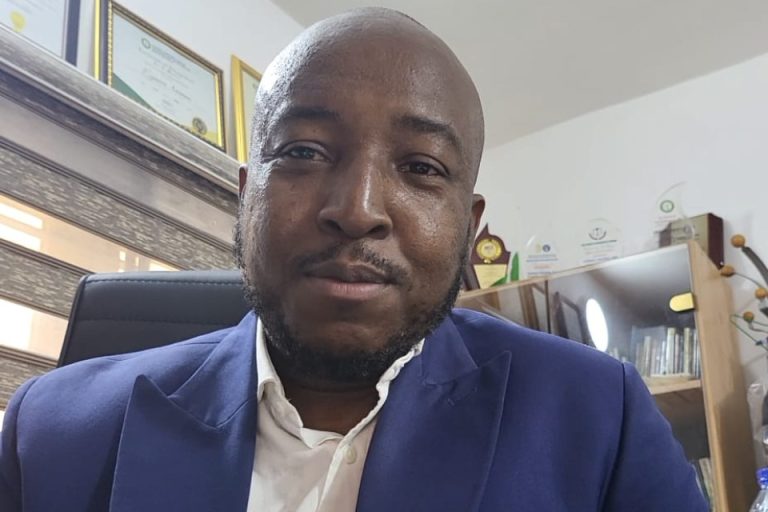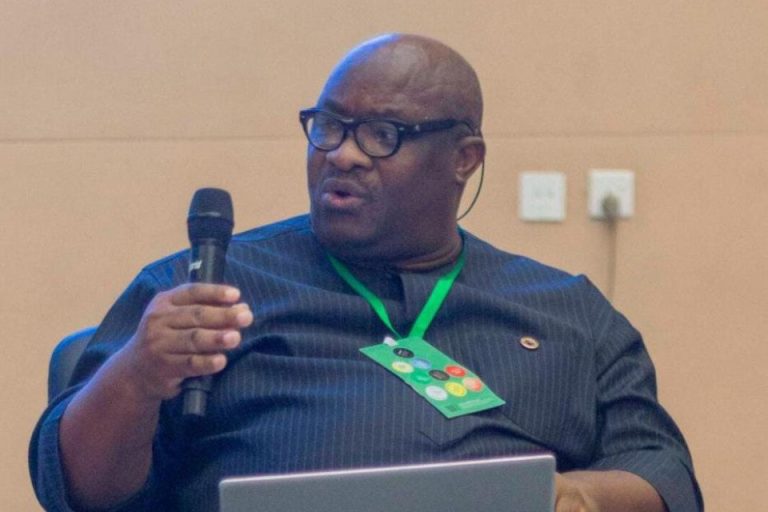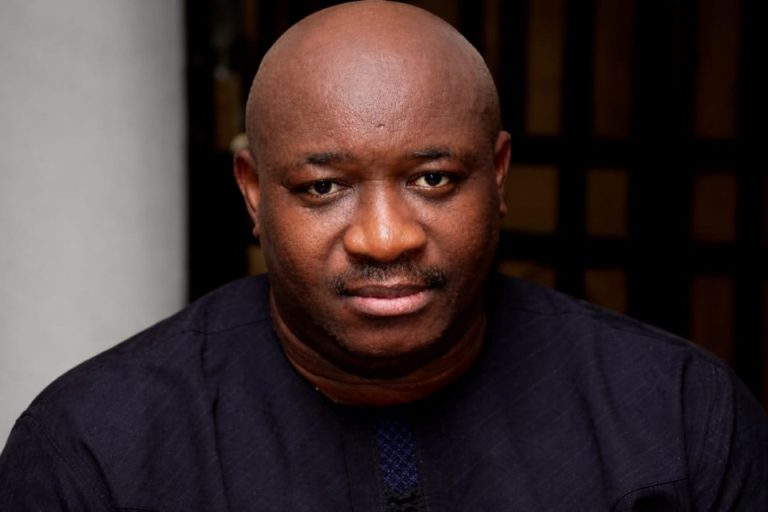The United Nations Educational, Scientific and Cultural Organisation (UNESCO) has published a new resource material for journalists worldwide aimed at enabling the media to effectively play a major role in moderating and countering hate speech by reporting the news accurately and in context, and holding to account powerful actors who peddle intolerance.
Funded by the European Commission as part of an indirect grant for the conduct trainings for journalists and the media as well as the production of guides for journalists, the 18-page publication titled “Covering Hate Speech: A Guide for Journalists”, was launched on May 6, 2025, at a parallel event during UNESCO’s World Press Freedom Day celebrations held in Brussels, Belgium.
The guide is the first in a series of guides for journalists, which will be prepared jointly by the UNESCO’s Communication and Information and Education Sectors on covering hate speech and its different manifestations.
Written for UNESCO by Singaporean academic, Professor Cherian George, who is currently a professor of media studies in the Department of Journalism of the School of Communication at the Hong Kong Baptist University where he also serves as Associate Dean (Research and Development), the guide explains what may count as hate speech, the harms it may cause, the way it works, and how media gatekeepers and other actors can address it.
Urging journalists to apply professional ethics and investigative journalism techniques, similar to those used in exposing systemic problems such as corruption, trafficking, and environmental pollution, to uncover hate campaigns as ongoing processes and complex systems, rather than isolated incidents, Prof. George said the guide has drawn on his nearly 15 years of research into hate speech and its relationship with free speech.
He explained that UNESCO’s invitation to him to develop the guide was an opportunity for him to translate his research into guidelines for media, in which he argued that professional journalism already possesses relevant capacities for dealing with hate and intolerance as journalists can draw from their existing codes of ethics, which provide guidelines, for example, on accuracy, stereotyping, covering vulnerable communities, and reporting online opinion.
UNESCO’s Communication and Information Senior Programme Specialist, Ana Cristina Ruelas, noted that Prof. George’s framework, which emphasises the “multi-actor, multi-layered character of hate propaganda”, has “significantly shaped our approach to media development and training programmes”, adding that “This will help further highlight the necessity for the global media development community to adopt a more comprehensive approach to covering hate speech that recognises the broader social and political dynamics at play.”
Ms Ruelas said: “This publication will serve as a vital resource for journalists and media organisations, enabling them to move beyond traditional reporting and use the power of journalism to combat hate campaigns”.
The guide notes that many debates around hate speech are about law and regulation and that understanding the law, especially international law, can help journalists when reporting incidents where speakers are accused of hate speech, adding that it can also help them analyse whether existing laws, as written and as applied, comply with international human rights approaches for striking the right balance between freedom of expression and the right to dignity, equality and non-discrimination.
Prof George said in the report that “While laws tell us what we can and cannot do, ethics advise what we should or should not do. International human rights law represents the floor, not the ceiling, of the media’s ethical obligations. Media professionals already recognise this in the codes of practice that they have voluntarily developed and adopted over many decades. These can serve as foundations for media to develop ethical responses to hate speech.”
The guide, which was produced in English, has been translated into Indonesian. Other language versions are expected to be produced subsequently. The English and Indonesian versions are available for free downloads on the UNESCO’s digital library at: https://unesdoc.unesco.org/ark:/48223/pf0000392378/PDF/392378eng.pdf.multi.





